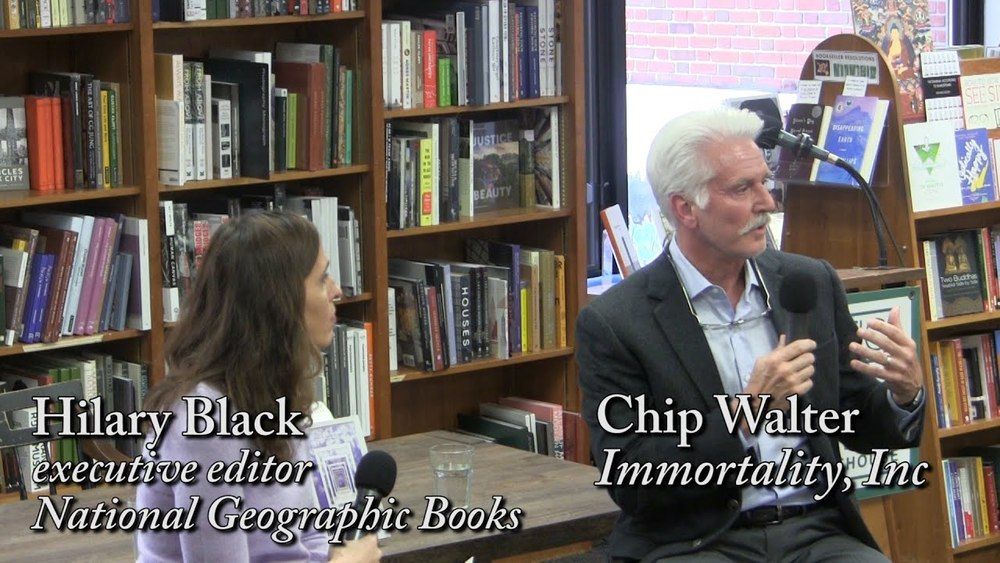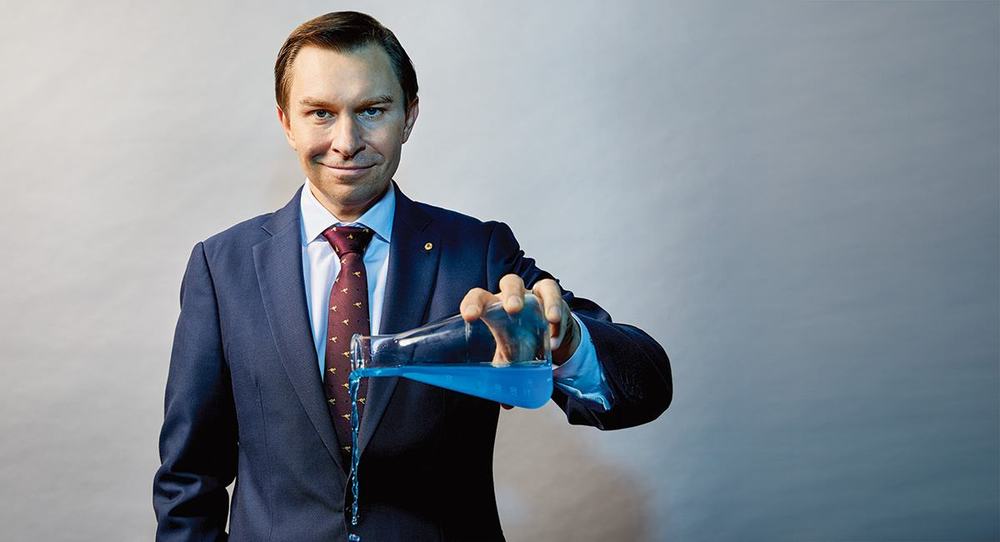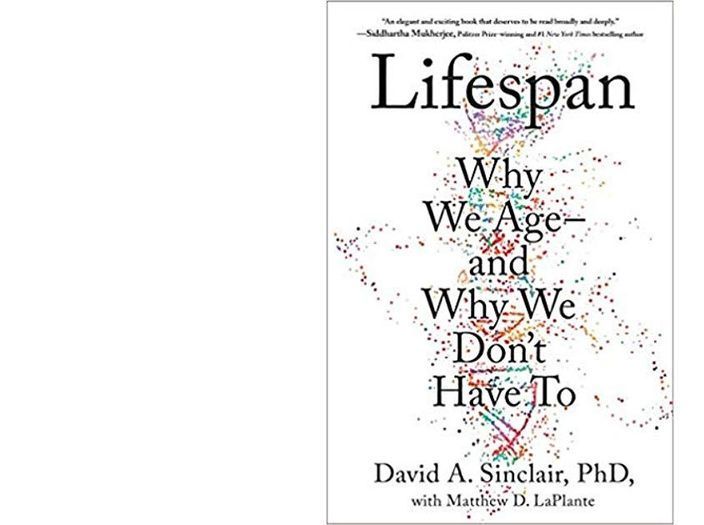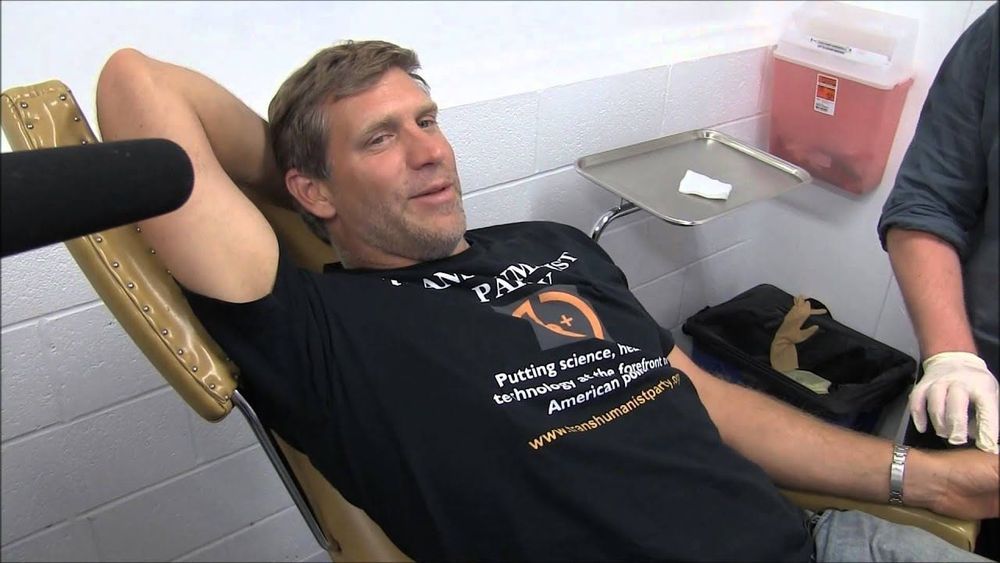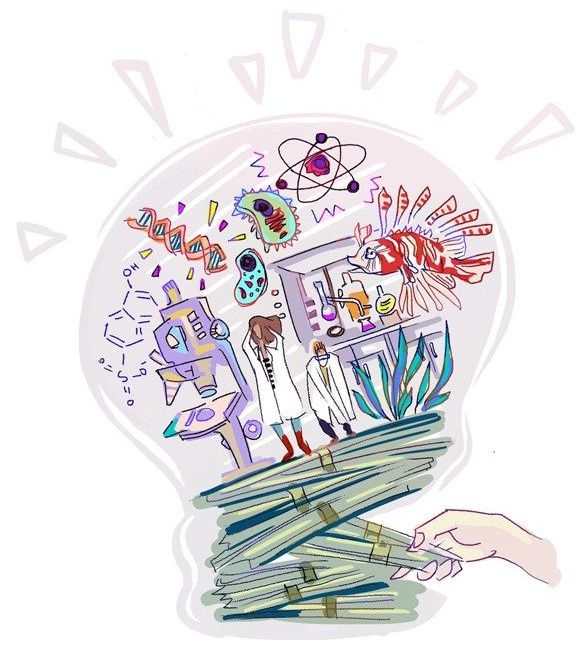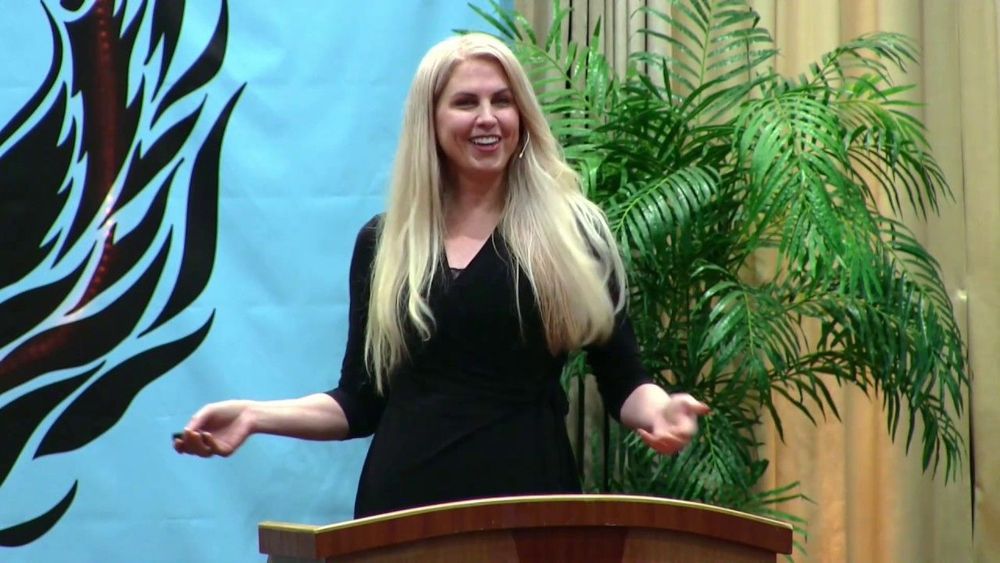What other EPIC stuff do you want to learn? ►► Subscribe! http://brrk.co/AWEsub
People have been trying to live forever… well forever. Joe Bereta is here to tell you everything you need to know in order to live as long as humanly possible.
Tell us in the comments what you want us to teach you next!
If you rely on the information portrayed in this video, you do so at your own risk and you assume the responsibility for the results. You hereby release Break, its parents, affiliates subsidiaries, and any person included in this programming expressly or implicitly from any and all actions, claims, or demands that you, your heirs, distributees, guardians, next of kin, spouse or legal representatives now have, or may have in the future, for injury, death, property damage, or any other liability that may result related to the information provided in this video.
Starring Joe Bereta — http://twitter.com/joebereta
Episode Animated by Andy Mogren — http://youtube.com/user/AndyMogren
Written by Matthew Brian Cohen
Produced by Joe Bereta and Michael Rainey — https://twitter.com/raineymichaelv
Executive Producer — Andy Signore — http://twitter.com/andysignore

